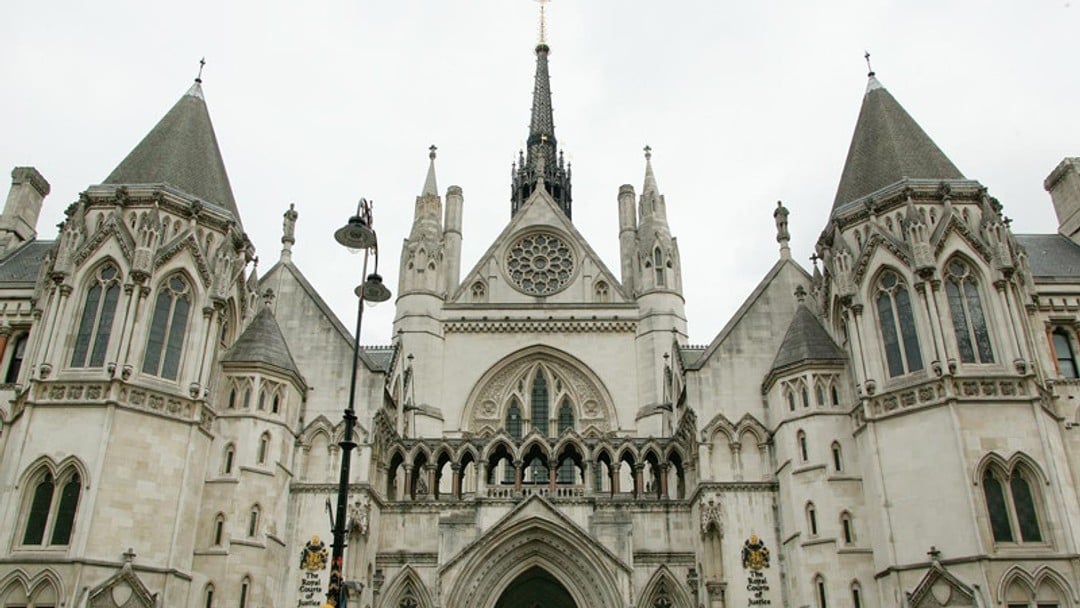Has the Court of Appeal redrawn the line between privacy and open justice?

Court of Appeal sets clear framework for anonymity applications protecting vulnerable claimants in civil litigation
The landmark Court of Appeal judgment in PMC v Cwm Taf Morgannwg University Health Board [2025] EWCA Civ 1126 provides a welcome framework for anonymity applications for vulnerable claimants in civil litigation.
The case itself concerned a clinical negligence claim against a local health board. The child, PMC, was born in 2012 in a hospital run by the health board. It was admitted that negligence led to PMC developing cerebral palsy. Following his birth, PMC developed an intraventricular haemorrhage due to asphyxia before birth and during labour, which led to cerebral palsy. PMC was profoundly damaged and relied on others for his care and day-to-day needs. He brought a claim against the hospital through a litigation friend. The defendant admitted liability in 2016, and a quantum hearing is scheduled for December 2025.
An application was made for an anonymity order during proceedings that would mean PMC could not be identified in the press. However, his story had already attracted previous media coverage. Anonymity was initially refused in a judgment in November 2024. Anecdotal evidence following this judgment suggested there was some uncertainty arising from this decision due to the tension with JX MX v Dartford & Gravesham NHS Trust [2015] EWCA Civ 96.
The claimant appealed, and the Official Solicitor intervened in the appeal, due to the importance of the issues raised for those the Official Solicitor represents, providing evidence and submissions, and inviting the court to give guidance.
The Court of Appeal’s judgment was handed down in August 2025, with Sir Geoffrey Vos, Master of the Rolls, noting in his judgment that the appeal raised “important issues as to the jurisdictional foundation for the principle of open justice and derogations from that principle”. Importantly, for vulnerable litigants, the judgment confirmed “there were clear indications in the authorities that the common law power to derogate from the open justice principle in the course of proceedings could be deployed to protect the interests of vulnerable parties”.
The judgment gives guidance for practitioners on future anonymity applications as follows:
An application must be made, the press do not have to be notified (save where they have previously published information about the case or previously shown an interest in doing so), the resulting hearing is to be listed anonymously, and an anonymity order can only be granted where strictly necessary;
The name of the claimant does not need to have been withheld throughout the case, and anonymity can be applied for later in proceedings, though ‘those making applications for anonymity would be well advised to do so as early as reasonably practicable';
The evidence required depends on the circumstances of the case, but those circumstances might be sufficient to make it unnecessary to speculate as to future specific risks to the claimant;
There is no general rule about previous publicity, and it would not be an automatic bar to granting anonymity, however, it is an important factor for the court to consider, and previous publicity must be brought to the attention of the court;
As in PMC, the court may then decide to make a prospective-only order restricting publicity, rather than requiring previous articles be taken down (with the risk of possible ‘jigsaw’ identification not being a reason to refuse an anonymity order).
The Court of Appeal has made clear that in assessing any derogation from open justice, the court must start from the position that very substantial weight must be accorded to open justice, and that the balancing of articles 8 and 10 ECHR is now to be undertaken in accordance with the structured approach explained in Abbasi and others v Newcastle upon Tyne Hospitals NHS Foundation Trust and others [2025] UKSC 15.
The guidance provides a framework for practitioners representing children, vulnerable adults and their litigation friends, when advising on anonymity in civil litigation. Such matters may involve highly personal information, including medical information, family circumstances and financial matters. This judgment will reassure vulnerable parties that personal details will not be linked to them as identified individuals in media reporting where an anonymity order is in place.
The judgment confirms that the application of the principle of open justice may change in response to changes in society and the administration of justice. Given the judgment also notes, “children and protected party claimants are generally vulnerable and are persons whom the court should look to protect”, then the protections afforded by this judgment to such individuals should be strengthened in tandem with any such change.
The Official Solicitor instructed Leigh Day’s Sarah Westoby to work with her in-house lawyer Helen Wood. Counsel instructed were Fiona Paterson KC and Katharine Scott, both of 39 Essex Chambers.

